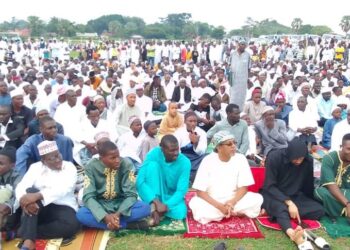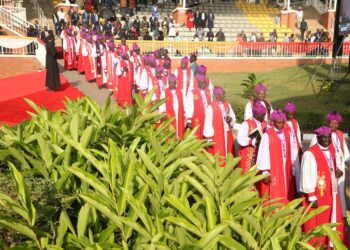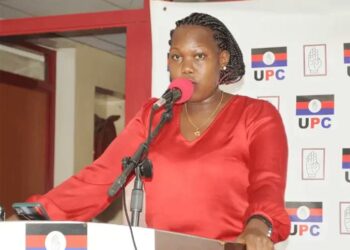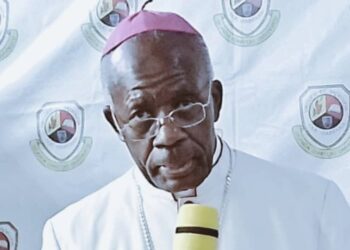Despite the public whispers that the Electoral Commission was planning to schedule different dates for the presidential election from the January 14, dates for parliamentary elections to an estimated dates, the body has come out to clear the air and maintained the electoral status quo.
The Electoral Commission has announced January 14, 2021 as the date for presidential elections.
Justice Simon Byabakama, the EC Boss, on Wednesday said presidential candidates will start campaigns on November 9, 2020 and end on January 12, 2021 before polls take place on January,14.
“Following the conclusion of the above nomination exercise, the Electoral Commission has appointed the period from 9th November 2020 until 12th January 2020 for the purpose of conducting candidates’ campaign meetings for Presidential Elections, 2021. The Electoral Commission has further appointed 14th January 2020 as the polling date for Presidential Elections 2021,” Justice Byabakama said.
In the past elections, both the presidential and parliamentary polls have been conducted on same dates but there were doubts of extending voting dates for presidential candidates among many voters.
This is because theelectoral body first announced dates for parliamentary polls while presidential candidates awaited for nomination until today when the EC made its pronouncements on their voting dates.
Atleast 11 presidential candidates were cleared to contest for presidency in a presidential nomination exercise which commenced on Monday November 2, and ended yesterday.
These are, incumbent Yoweri Museveni Tibuhaburwa Kaguta(NRM), Henry Tumukunde(Independent), Mugisha Muntu(Alliance for National Transformation), Robert Kyagulanyi (National Unity Platform), Patrick Amuriat (FDC), Mayambala Willy(Independent), John Katumba (Independent), Norbert Mao(Democratic Party), Nancy Kalembe(Independent), Fred Mwesigye(Independent) and Joseph Kabuleta(Independent).
A total of 17.7 million voters increased are according to the Electoral Commission expected to participate in the 2021 general election. These have according to EC database increased from 15.2 million voters in the 2016 polls.
The body also reported an increase on the number of polling stations from 28,010 in 2016 to 34,344 partly due to the increase in the number of administrative units including villages and districts.
So far, Uganda has over 135 districts from 112, the number of villages has also gone up from 57,842 to 68,733 between 2016 and now.
The number of polling stations has also increased across the country.








































